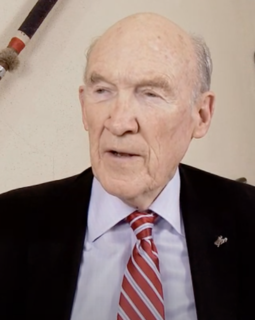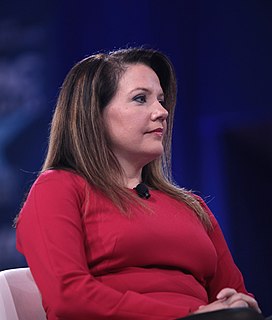A Quote by Chuck Hagel
Foreign policy will require a strategic agility that, whenever possible, gets ahead of problems, strengthens U.S. security and alliances, and promotes American interests and credibility.
Related Quotes
No person can be more deeply sensible than myself of the danger of entangling alliances with any foreign nation. That we should avoid such alliances has become a maxim of our policy consecrated by the most venerated names which adorn our history and sanctioned by the unanimous voice of the American people.
Another longstanding foreign policy flaw is the degree to which special interests dictate the way in which the "national interest" as a whole is defined and pursued.... America's important historic relationship with Israel has often led foreign policy decision-makers to defer reflexively to Israeli security assessments, and to replicate Israeli tactics, which, as the war in Lebanon last summer demonstrated, can turn out to be counter-productive.

































